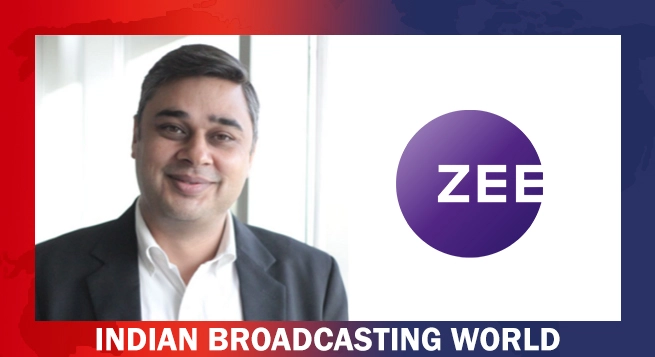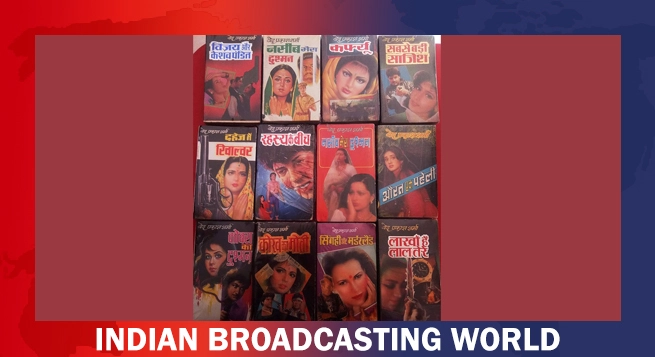Are British lawmakers studying Indian laws and regulations relating to the media sector?
Britain’s streaming services and broadcasters should be on a level playing field, as traditional broadcasters now compete with “one hand tied behind their backs”, British Culture Secretary Oliver Dowden said on Wednesday.
Dowden is to unveil plans for a white paper on broadcasting that aims to make streaming services such as Netflix, Amazon Prime Video and Disney+ (incidentally all American companies) follow the code of British regulator Ofcom, he said in the Times newspaper, a Reuters report stated.
“Every ‘linear’ broadcaster — BBC, Sky and so on — has to comply with stringent content and audience protection standards,” Dowden said in an article published on Wednesday.
“You might assume the same is true of video-on-demand services such as Amazon Prime and Disney+. You’d be wrong,” Dowden opined.
The government will consult this summer on whether it is time to set the same basic rules for video-on-demand services as is done for traditional broadcasters, he added.
“The white paper will also set out proposals on how we ensure public service broadcasters are given sufficient visibility…online, and ensure viewers can continue to find and watch original and high-quality British programmes,” Reuters quoted from the Times report.
Whatever your choice, I’ll bet you didn’t switch on your TV and watch it live, alongside millions of others. ‘When Line of Duty’ drew record-breaking live viewing figures this year, it was a rare exception to the new broadcasting rule. Traditional viewing habits are dead. We live in a world of smart TVs and streaming sticks, catch-up and on-demand; of that nightly choice between Netflix, BBC iPlayer and Amazon Prime,” Dowden said.
According to an AFP news dispatch, Netflix and Apple TV+ are not regulated at all in Britain.
The reforms also aim to increase public service broadcasters’ online prominence to ensure their programmes can be found and accessed easily on smart TVs and other devices.
“Technology has transformed broadcasting but the rules protecting viewers and helping our traditional channels compete are from an analogue age,” Dowden added, according to the AFP report.
“The time has come to look at how we can unleash the potential of our public service broadcasters while making sure viewers and listeners consuming content on new formats are served by a fair and well-functioning system.”
Separately, Reuters reported that Britain’s Conservative government said it plans to sell Channel 4, launched 39 years ago as an alternative to the BBC and ITV, to help secure its future as a public service broadcaster.
“In summer I will consult on the sale of Channel 4,” Dowden wrote, adding that he would proceed on the lines that an alternative ownership model retaining the broadcaster’s public service remit would better serve both it and Britain.
 NBF issues another advisory to member TV news channels
NBF issues another advisory to member TV news channels  Govt directs OTT platforms to stop airing Pak content
Govt directs OTT platforms to stop airing Pak content  Netflix to have AI-powered iOS search in TV app revamp
Netflix to have AI-powered iOS search in TV app revamp  India sets up panel to review copyrights laws, AI disputes
India sets up panel to review copyrights laws, AI disputes  ZEEL appoints Rohit Suri as Chief Human Resource Officer
ZEEL appoints Rohit Suri as Chief Human Resource Officer  Ved Prakash Sharma’s bestselling novels to get film adaptations
Ved Prakash Sharma’s bestselling novels to get film adaptations  Ultra Play celebrates iconic Bollywood mothers with content lineup
Ultra Play celebrates iconic Bollywood mothers with content lineup  Sony PAL records 15.6% weekly reach in Week 17: BARC Report
Sony PAL records 15.6% weekly reach in Week 17: BARC Report  Dolby announces Mother’s Day special content lineup
Dolby announces Mother’s Day special content lineup 








